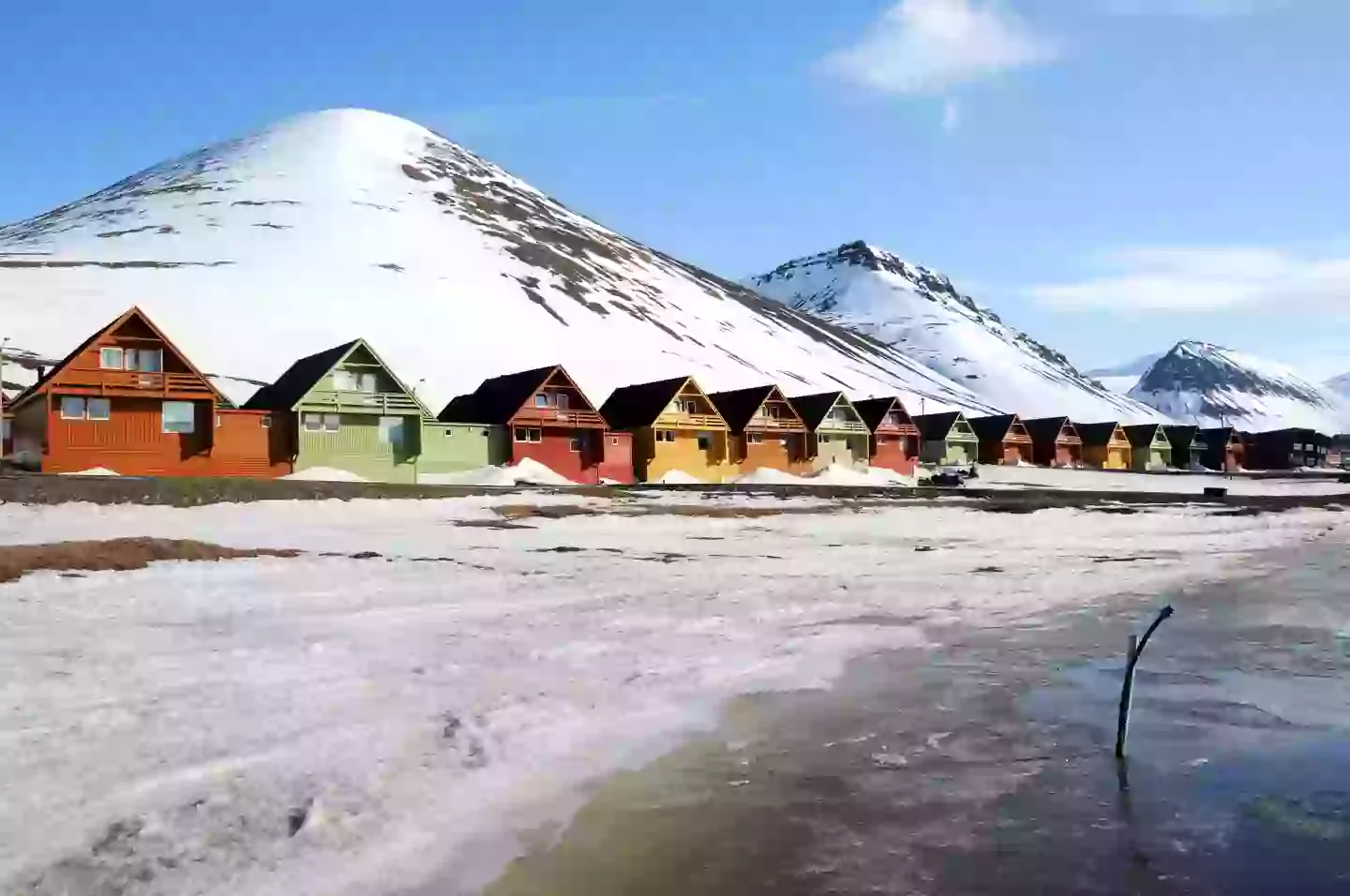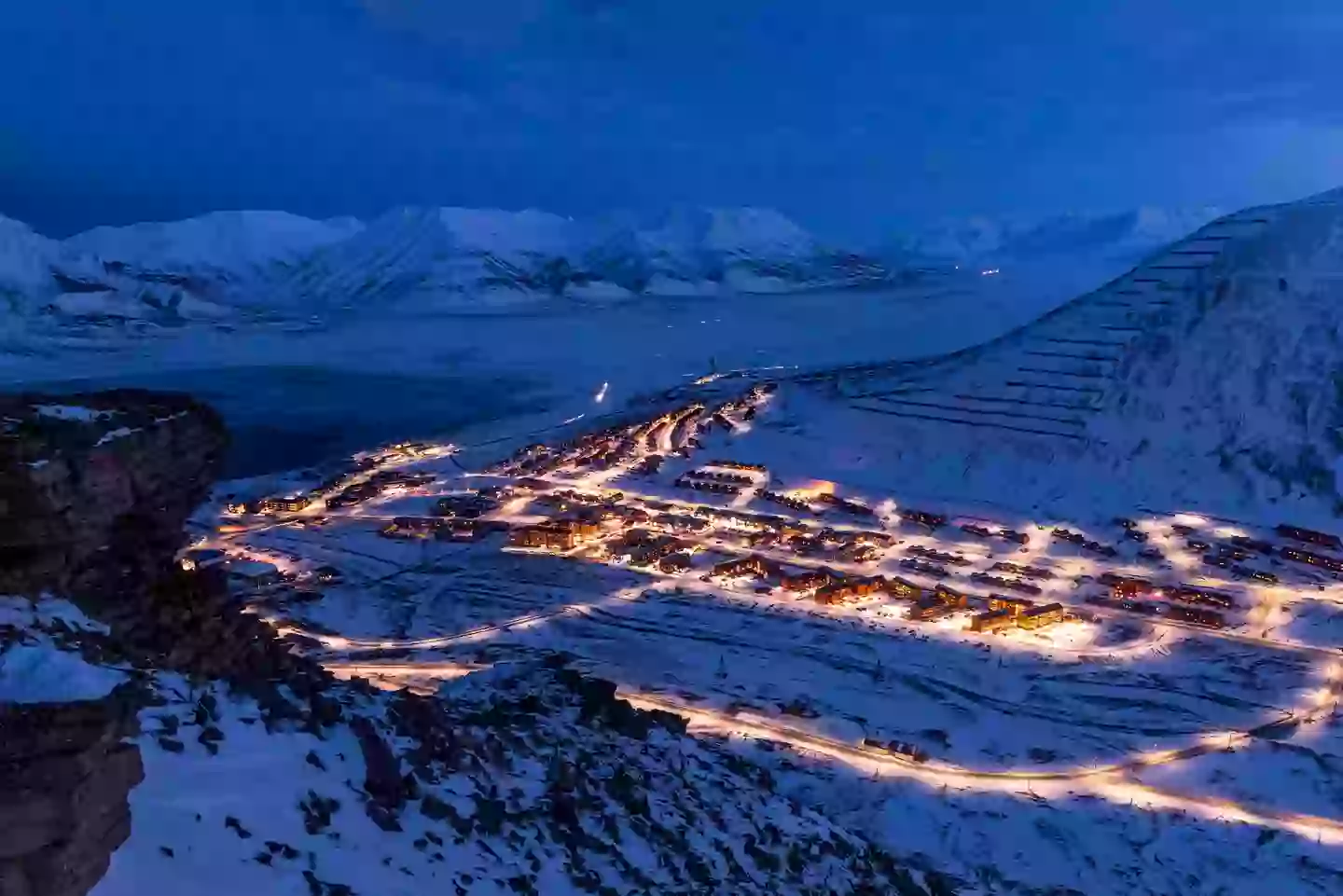A woman residing in an isolated area that experiences prolonged darkness has shared how it impacts her physically.
Cecilia Blomdahl has been living in Svalbard, a Norwegian archipelago between mainland Norway and the North Pole, for ten years. Originally, her visit was intended to last only three months, but she decided to make it her permanent home.
Hailing from Sweden, Blomdahl didn’t anticipate developing a deep affection for Svalbard.

“I love it more than ever I ever thought,” she shared with PEOPLE, admitting she ‘never thought’ she would settle on the island.
Svalbard’s uniqueness lies in its location as one of the northernmost inhabited areas, where it plunges into darkness for three months due to a phenomenon called Polar Night.
This occurs when the Sun remains below the horizon in the Arctic, causing residents to experience continuous darkness from mid-November to January.
During this period, Blomdahl mentions that there’s ‘no difference in day or night’.
Despite the constant darkness, the beauty of starry skies, the mesmerizing Northern Lights, and encounters with local wildlife make Blomdahl feel as though she’s ‘living in a fairytale’, which she shares on her social media.
However, this extended period of darkness does come with challenges.
Discussing the effects on her body, she noted, “It definitely affects your body in a way where you notice a difference. Maybe you’re more tired, you move at a different pace.”
Blomdahl emphasized the importance of a positive mindset, saying, “Your mindset to a season like this is crucial. I wake up with a very happy disposition about everything.”
The island’s ‘enticing and exciting’ nature also contributes to her optimistic perspective.
In addition to Polar Nights, Svalbard experiences Polar Days, where residents enjoy 24-hour daylight for four months.

Blomdahl finds Polar Nights more manageable compared to endless daylight.
She commented, “When I compare the two, I really do think Polar Night is so much easier for me than 24-7 daylight.”
The unceasing daylight causes her body to feel ‘very stressed’ due to the difficulty in winding down.
“We go to bed with the sun in the sky. And when we wake up, it’s still there,” she explained.
To cope with these bright months, Blomdahl depends heavily on blackout blinds and a sleep mask.

